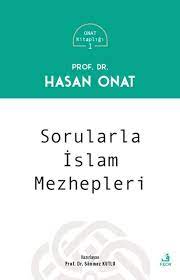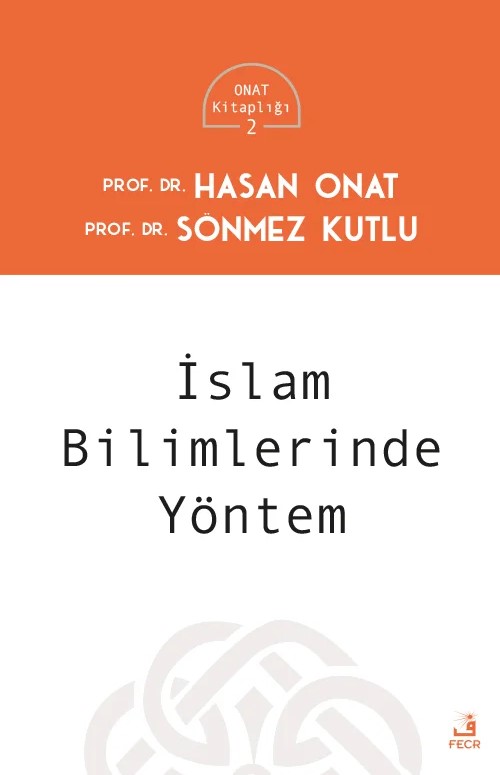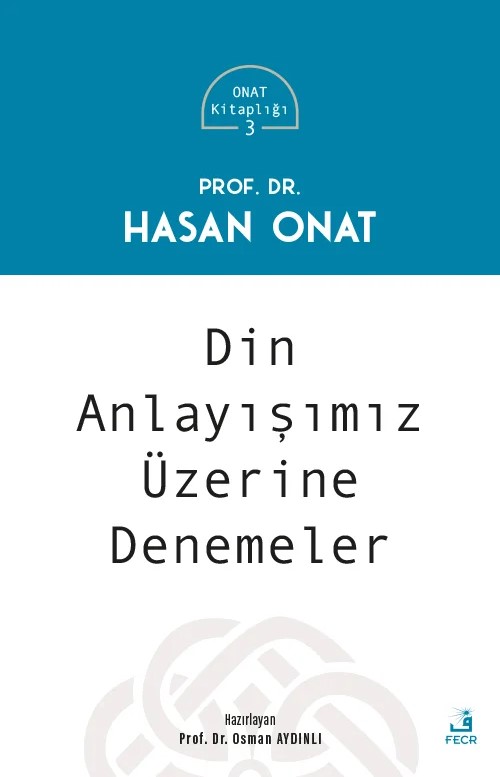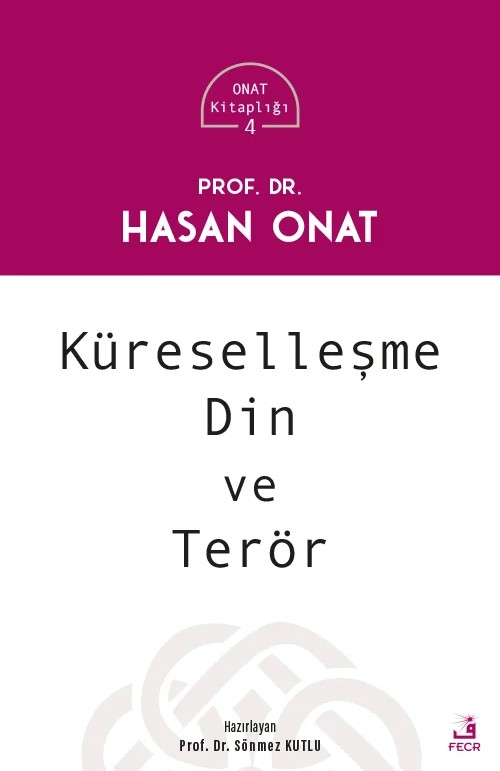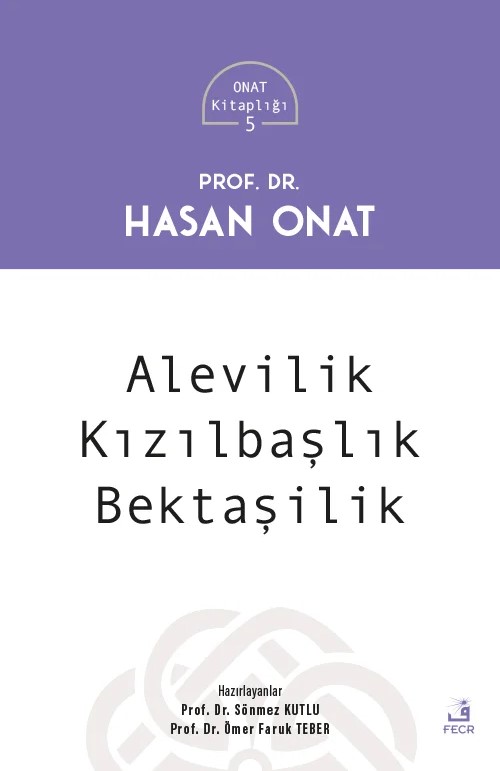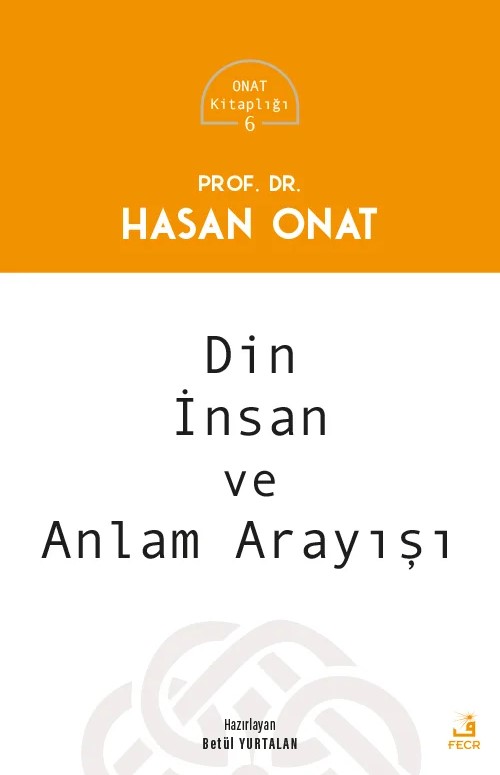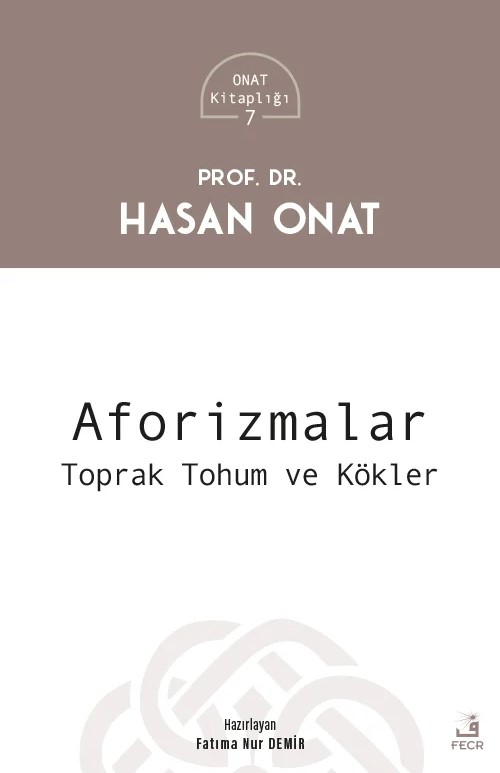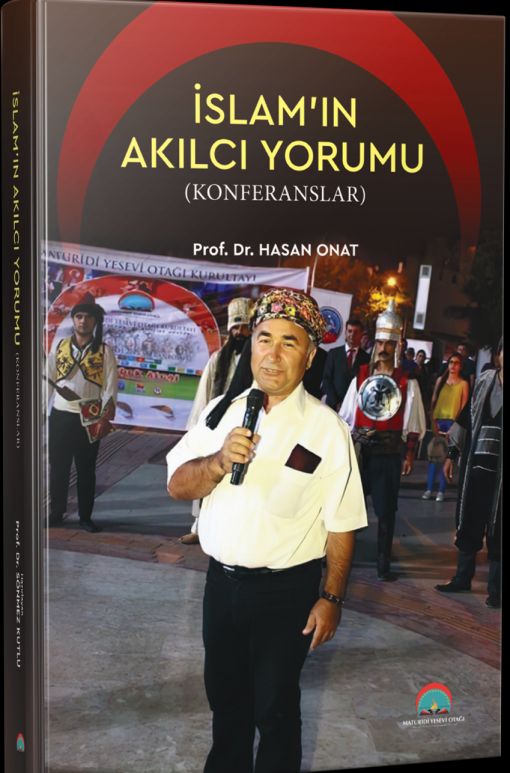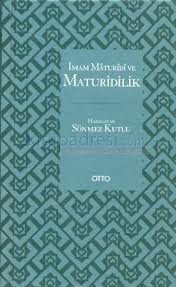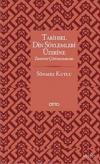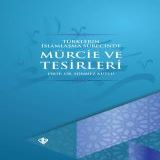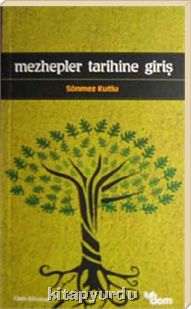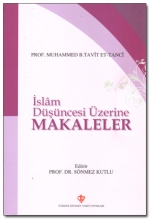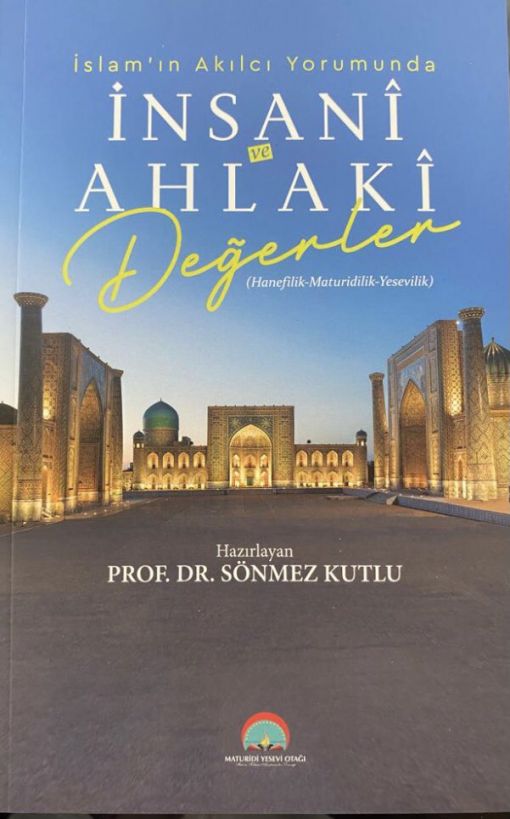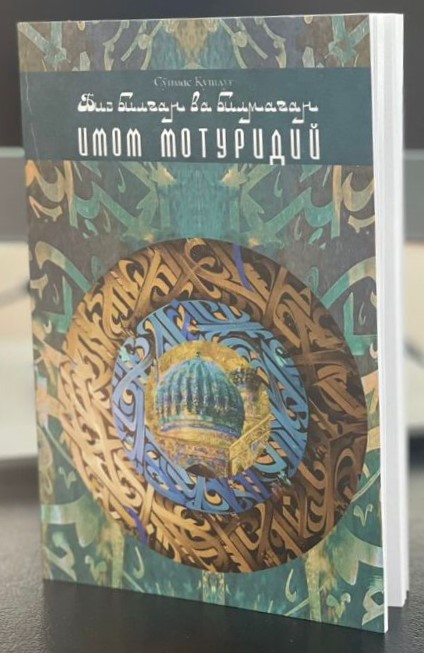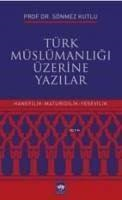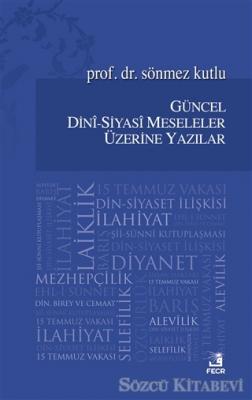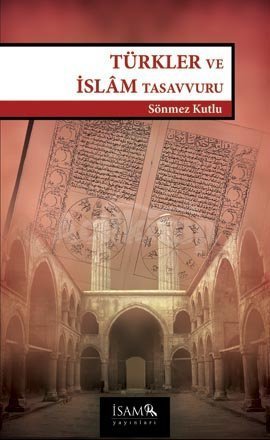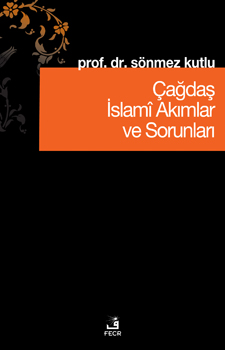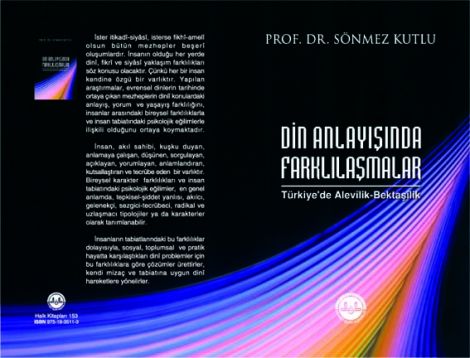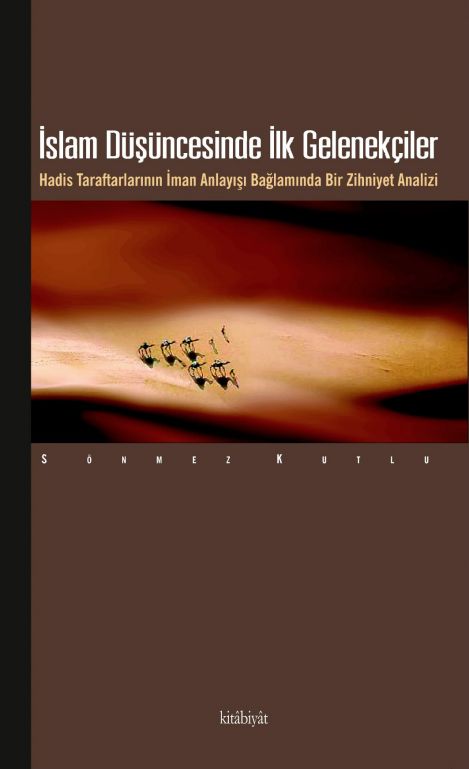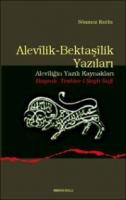Associated Press ve Washington Post'ta Alıntılar
Associated Press ve Washington Post'ta Alevilikle İlgili Alıntılar
05.12.2006 tarihinde Associated Press Türkiye muhabiri Benjamin Harvey, Türkiye'de Alevilikle ilgili benimle bir söyleşi yapmak istedi ve ben bunu kabul ettim. Daha sonra bu söyleşiden bazı kısımların da yer aldığı "Religion in the News" (by Benjamin Harvey (AP, January 5, 2007) ) başlıklıbir makale yayımlandı. Bu makale, 10 Ocak 2007 tarihinde Washington Post Gazetesinde "Alevis push for Turkish tolerans" başlığıyla neşredildi. Yayımlanan makalenin başlığı "Türkiye'de mistik azınlıklar" (TURKEY'S MYSTİC MİNORİTY STRUGGLES http://216.239.59.104/search?q=cache:GWSWxz_YsTcJ: www.siouxcityjournal.com/articles/2007/01/06/news/faith/22S%C3%B6nmez+Kutlu%22&hl=tr&gl=tr&ct=clnk&cd=71(http://eupolitics.einnews.com/news/turkey-women-islam) şeklinde değiştirilerek veya başka başılıklarla diğer bazı sitelerde (en az 6-7 İngilizce uluslar arası yayım kuruluşlarının sitesinde) yer aldı. Bu şekilde bir başlıkla yayımlanması benimle yapılan söyleşinin mantığına uymamakta ve konuyla ilgili Türkiye gerçeği aksettirmemektedir. Türkiye'de müslümanların azınlık olmadığı bilinen bir gerçektir ve uluslararası sözleşmelerde de yer almaktadır. Benimle yapılan söyleşi metninde Alevi-Bektaşilik ve diğer sufi oluşumlar bir azınlık olarak asla değerlendirilmemektedir. Bu sebeple benimle yapılan söyleşinin özgün metni ve Uluslararası basında çıkan makaleyi aşağıda aynen vermek istiyoruz.
1. The perception among the majority of Muslims seems to be that Alevis are believers who have “lost their way.” Where does this feeling come from?
Türkiye’de Sünni müslümanlar arasında tek bir Alevilik algılama biçimi yoktur. Çünkü Alevilik, Türkiye’de sınırları belirlenmiş tek bir toplumsal-dini olgu değildir. Aslında Alevilik tanımlaması dahi, Türkiye’deki Alevi-Bektaşi unsurları tanımlamada yetersizdir. Alevilik ismi, İslam kültür havzasında ve coğrafyasında tasavvufi oluşumlar olarak kurumlaşan Kızılbaşlık ve Bektaşilik için 19. asrın sonlarında kullanılmaya başlanmıştır. Alevi kesim arasında yapılan anketlerde % 4’e varan ateist bir kesim görünmektedir. Onlar daha çok örgütlü Aleviliğin içerisinde yer almaktadırlar. Hatta bu kesim son zamanlarda Avrupa Birliği sürecinde, bazı politik nedenlerle Aleviliği bir din olarak takdim etmektedirler. Böyle bir fikir Türkiye’deki Alevi-Bektaşiler tarafından desteklenmemektedir. Sünni halk, kısmen Osmanlı döneminden kalma Safevi Şiiliği-Osmanlı Sünniliği arasındaki Politik rekabet ve çatışmaları meşrulaştırmak için kullanılan suçlama ve aşağılayıcı söylemlerin hala tesiri altındadır. Ancak Sünni Halk arasında Alevileri genel olarak sapık şeklinde bir tanımlama söz konusu değildir. Bazı Şii unsurları taşıması dolayısıyla Aleviler din dışı değil Sünnilik dışı müslüman gruplar olarak görülmektedir. Bana gore bu tanımlama da yanlıştır, Çünkü Alevilğin kurumsallaşmış ve Sünniliğe alternative olarak üretilmiş bir teolojik doktrini yoktur. Hatta Osmanlı belgelerinde Bektaşilerle ilişkiler takip edildiğinde 1827 öncesinde sorunsuzdur. Arap Aleviliğine (Nusayriliğe) İslam dışı olarak bakılırken, Kızılbaş ve Bektaşiler müslüman olarak kabul edilmiş, ancak inanç ve pratiklerinide bazı yanlışlıklar olduğu kaydedilmiştir. Cumhuriyet döneminde Alevilik-Bektaşilik yeni bir sürece girmiştir. Kendi Tekke-Zaviye ve Dergahları kapatılınca ve yazılı kaynaklarıyla ilişkileri kesilince gelenekli ve otantik Alevilik şekil değiştirmeye ve ritual kaybına uğramış ve de Pozitivist, Marksit ve sosyalis ideolojilerin etkisine açık hale gelmiştir. Halk arasında özgün Bektaşiliğe ve temsilcilerine (Hacı Bektaş Veli, Pir Sultan Aptal, Kaygusuz Abdal) sempatiyle bakılmaktadır. Halk arasında onlar hakkındaki algılama, İslam’dan çıktıkları şeklinde değil bazı gurupların Hacı Bektaş Veli’yi reddettikleri ve Alisiz Alevilikten bahsettikleri için, Hacı Bektaş Yolun’u terketmişler olarak görülmektedir.
2. What are the important theological differences between Alevis and more orthodox believers? What Alevi practices do orthodox Sunnis and Shiites find particularly disturbing? Also, what are the basic differences between Alevis in Turkey and the Alawites in Syria and other countries?
Türkiye’deki Kızılbaşlık ve Bektaşilik (Alevilik) Türkler’in İslam’I algılayış biçimiyle yakından ilgilidir. Kızılbaşlık ve Bektaşilik, bu inancı taşıyan dedeler ve yazılı metinler üzerinden incelendiğinde, teolojik farklılaşma değil Tasavvufi bir farklılaşmadır. Yani şeyh-mürid, dede-talip ve tarikat geleneği içerisinde, dört kapı kırk makam geleneğine ve ritiüellenine göre çalışmaktadır. Bektaşilik, bazı aşırı görüşler ve unsurlar taşımakla beraber bir müslüman tarikatıdır. Bu sebeple, Alevilik-Bektaşilik Sünniliğin alternatifi değildir, Nakşilik, Kadirilik ve Mevleviliğin (ve diğerlerinin) alternatifidir. Yapılan araştırmalar ve Aleviliğin yazılı kaynakları, Alevi-Bektaşiliğin teolojisinin Sünnilikle ortak olduğunu göstermektedir. Alevilik, teolojik açıdan Sünnilikten, Şiilikten, Maturidilikten ve Kerramilikten bazı unsurlar taşımaktadır. Bu sebeple Aleviliği bunlardan birisine indirgemek zordur. Aslında Sufi oluşumların mezhebi kimliği olmaz. Bektaşilik de, diğer sufi oluşumlar gibi, içinde yaşadığı topluma gore farklı unsurları almaya açık bir yapıdır. Sünniler tarafından eleştirilen noktalardan birisi, tıpkı İbnü’l-Arabi için olduğu gibi Vahdet-I Vücud anlayışıdır. Alevilikteki Ehl-I Beyt, tevella ve teberra inancı Sünniler tarafından fazla eleştiriye tutulmamaktadır. Ancak bugün bazı Alevi kesimler, Sünnilik ve İslam aleyhtarlığı üzerinden Aleviliğe yeni bir teoloji üretmeye çalışmaktadır. Bu durum Aleviliği sufi bir oluşumun dışına itecektir. Pratik açıdan (namaz oruç ve hac gibi), sünnilere gore dindarlık düzeyi daha düşüktür. Bununla birlikte bu görevleri yerine getirenler, Alevi-Bektaşiler arasında Sünni Hanefi uygulamalarını esas almaktadırlar. Pek azı da Şii-Caferiliği esas almaktadır. İbadetler konusundaki bu durum, Sünniler ve Şiiler tarafından eleştirilmektedir. İkinci olarak, kadın erkek birlikte Cem yapmaları dolayısıyla, bazı Sünniler tarafından eleştirilmektedir. Suriye’deki Nusayrilikle Türkiye’deki Alevilik, gerek inanç gerekse uygulamalar açısından tamamen farklıdır. Nusayrilik, Şiiliğin aşırı (gulat) hareketlerindendir. Alevi-Bektaşilerde, Şiilikle ilişkilendirme Caferilik üzerinden olmaktadır. O da tamamen semboliktir. Çünkü Şii-Caferi Fıkhıyla ve uygulamalarıyla dini hayatlarını düzenlememektedirler.
3. The Diyanet is opposed to recognizing Alevism as a religion -- why? What do you make of Alevi complaints that there is an institutional bias against them?
Aleviliğin din olduğunu iddiası, Aleviliğin toplumsal tabanınca benimsenmiş bir tanımlama değildir. Aksine Aleviler, kendilerinin İslam içinde olduklarını söyleyerek, Diyanette temsil edilmeyi istemektedirler. Bu oran anketlerde % 60-65’lere varmaktadır. Diyanet, Aleviliği bir din olarak kabul etmesi, en çok Aleviler tarafından eleştirilir. Zaten, Aleviliğin dini-tasavvufî yapısına da ters düşmek anlamına gelir. Asıl sorun Alevilğin, yeni bir kurumsallaşması olan Cemevleri olgusudur. Diyanet, anayasada belirlenen çerçevede cami ve mescitlerin kontrolünden sorumludur. Cemevini ise, bu iki kategoride görmemektedir. Çünkü Cemevleri , Osmanlı dönemindeki Tekke-Zaviye ve dergahlara benzemektedir. Onların yürüttüğü görevleri icra etmeye başlamıştır. Bu açıdan Cemevlerinin dini ve hukukî statüsü tartışması yaşanmaktadır. Diyanet, Cemevlerine daha çok kültürel bir olgu olarak yaklaşma taraftarıdır. Bununla birlikte son zamanlarda resmi olarak kabul etmeselerde Cemevleriyle ve yöneticileriyle ortak programlar yapmaktadırlar. Aslında Diyanet, bir temsil makamı olmayıp hizmet makamıdır. İslam’da Hrıstiyanlıkta’ki gibi temsil makamı olmadığından, bu hizmetleri teslim edebilecek bir muhatab bulunamamaktadır. Bu yüzden Türkiye Cumhuriyeti Devleti kurulduğunda bu tür hizmetleri kamusal bir hizmet kabul ederek Laik bir devletin hizmet alanı içerisinde görmekte bir sakınca görmemiştir. Alevi-Bektaşiler arasında Cami ve mescitler üzerinden dini hizmetleri alanlar da vardır. Orta Anadolu’da Cumhuriyet öncesine kadar giden Cami ve mescidi olan Alevi köyleri vardır. Bugün Diyanet İşleri Başkanlığı Alevilere de hizmet götürebilecek yeni hizmet alanları oluşturmak zorundadır. Yani soruna Alevilerin Diyanette temsil sorunu yerine Diyanet’in Aleviler arasında tamsil sorunu vardır. Alavi-Bektaşiler, son zamanlarda Cemevlerini benimsemiş görünmektedir. Ancak genel kanaat Cemevlerinin camiye alternative olmadığı şeklindedir. Hatta bazı yerlerde alt katı Cemevi olan üst katı Cami olan veya ikisi yan yana bulunan yerler vardır. Çok marjinal bazı guruplar ise, Aleviliği farklı bir din ilan ederek Cemevlerini bu dinin mabedleri haline getirmeye çalışmaktadır. Ayrı bir din olmadığı halde böyle kabul edilirse, Cemevleri Alevilik içinde bölünmeye sebep olabilir. O zaman Diyanet bütçesinden hak alma iddiaları meşruiyetini kaybeder. Çünkü Diyanet müslümanlar için hizmet götüren bir kurumdur. Bu sebeple Diyanet, mesafeli durmakla beraber, Aleviliği İslam içinde gören ve onu İslamın tasavvufi bir yorumu olarak görenlere sempati ile bakmaktadır ve onlara hizmet götürmekte isteklidir. Ancak hukuki ve dini statüsü tartışmalı olan Cemevleri üzerinden değil.
4.Is there any hope of bridging the divide between Alevis and the general Sunni population in Turkey? How could this be done?
Aslında Türkiye’de Cumhuriyet sonrasında gerek Sünni kesimde gerekse Alevi kesimde önemli bir kimlik değişimi yaşanmaktadır. Geleneksel Sünni ve Alevi din anlayışı yeni yetişen genç nesli tatmin etmemektedir. İnancını daha rasyonel temellere dayandırmak eğilimi her geçen gün artmaktadır. Yani cemaat dindarlığı yerini bireysel dindalığa bırakmaktadır. Bu da Alevi ve Sünnileri aynı noktada birleştirmektedir. Bugün Türkiye’deki laikliğin bazı sorunları olsa da, bu iki kesimin çağdaş değerler ve kurumlar etrafında birleşmeye ve birlikte çalışmaya sevketmektedir. Örneğin Sünni ve Alevi aynı parti çatısı altında demokrasi ve sosyal hukuk devleti ilkelerinde birleşebilmektedir. Yıllar öncesine rağmen, Alevilerle-Sünniler arasındaki önyargılar ve suçlamalar azalmaya başlamıştır. İki kesim arasındaki sosyal ve toplumsal ilişkilerde olumlu gelişmeler vardır. Konuyla ilgili bilimsel araştırmalar da bu durumu desteklemektedir. Ancak bilimsel araştırmalar yetersizdir. Yapılanlar da büyük bir bilgi kirlenmesi vardır. Bu gelişmelerin önündeki en büyük engel, bugün Alevilik ve Sünniliğin siyasallaştırılması ve ideolojik bir zemine kaydırılmasıdır. Her iki kesimin birbiri hakkındaki yanlış algılamaların kaldırılması için, Orta Öğretim Din Kültürü ve Ahlak Bilgisi Ders Programlarına 2004’den itibaren bazı konular konulmuştur. Türkiye’de genelde dini oluşumlarla ilgili bir özgürlük sorunu vardır. Bu da Laikliğin bu dini oluşumların din ve vicdan özgürlüklerini teminat altına alması gerekirken, bu konularda bir gerginlik oluşturmaya yönelik kullanılmasından kaynaklanmaktadır. Türkiye Sünni ve Alevi halk, dini ve Laikliği bir gerginlik aracı olarak kullanılmasını istememektedir.
Alevis push for Turkish tolerance
Alevis push for Turkish tolerance
http://washingtontimes.com/world/20070109-111943-2773r_page2.htm 10 OCAK 2007
WORLD BRIEFINGS
By Benjamin Harvey
ASSOCIATED PRESS
January 10, 2007
ISTANBUL
It's Sunday and prayer leader Bektas Akkaya is twanging a Turkish version of the electric banjo, working about 200 members of this country's largest re- ligious minority into a trance.
Women in kerchiefs slap their knees, sway to the music and wipe tears from their eyes. A young man swings his arms wildly and beats his chest, his head gyrating until he collapses. Here, there is no imam, minaret or call to prayer, but for an estimated 20 percent of Turkey's 71 million people, this is Islam.
The worshippers are Alevis -- followers of a tradition rooted in the beliefs of the Shi'ite branch of Islam, but which diverges from Shi'ite majorities in neighboring Iran and Iraq. The Alevis incorporate shamanistic rites such as singing, ritual chanting and dance, and shun many customary Islamic practices, including the separation of men and women in prayer and the hajj pilgrimage to Mecca.
"Without women, without dancing and without a song, you can't have an Alevi ceremony," said Cemal Sener, a spokesman for the Alevi community in Istanbul. He likened the followers to "Islamic Protestants" because of their focus on the message and intensity of Islam, rather than its rituals.
Muslim traditionalists have other names for the Alevis, calling them heretics and outcasts, and have made them a target of discrimination in Turkey.
The strains are drawing the attention of the European Union, which has made religious liberties a condition for Turkey's troubled bid for membership. The latest EU progress report on Turkey, issued in November, cited "no developments" in addressing Alevi claims, including difficulties opening their houses of worship and obtaining state funds for religious facilities.
The plight of the Alevis was not mentioned in Pope Benedict XVI's pleas to improve the lot of religious minorities during his Nov. 28 to Dec. 1 visit. But their fate is a good barometer of Turkey's willingness to tolerate free religious practice at a time when hard-line Islamic sentiments are on the rise.
"They want to act like Alevis don't exist," said Mr. Sener, an author of more than 20 books on Alevism. "They see us as perverts, heretics."
Sonmez Kutlu, a professor of divinity at Ankara University, said that much of the antagonism against Alevis originated in the centuries-old rivalries among Islamic groups -- a fact still relevant across much of the strife-torn modern Muslim world.
He said, however, that the general feeling is that the Alevis are wrong. Traditionalists see this as a threat to their way of life and an obstacle to their ideal of creating a pious society built around the Koran.
"From the standpoint of practices, like regular prayers, fasting and the hajj, Sunnis see the Alevis' religious level as being lower," Mr. Kutlu said.
Adherents of Alevism, which is confined mostly to Turkey, complain of discrimination in business and education, barriers to getting government jobs, and forced assimilation through mandatory courses on Sunni Islam -- the overwhelming majority faith in Turkey and one that accounts for about 85 percent the world's 1.2 billion Muslims.
Alevis are denied funding from the powerful religious affairs directorate, or Diyanet, which uses state funds for nearly 80,000 mosques. The "cem houses," where Alevi ceremonies are held, are seen as illegitimate and un-Islamic.
"A Muslim prays in a mosque," the Diyanet president, Ali Bardakoglu, said in an interview aired this month. He said Turkey's problems with religious minorities are being hyped as groups tried to exploit the EU spotlight for their own political or material gain.
"To say there's no religious freedom in Turkey by exaggerating some isolated problems that need to be solved with debate is unfair," he said.
This year, he said, the state does not have funds for "supporting mystical worship."
This also would seem to include not only Alevis, but Sufis and other mystic groups that were banned after the founding of the secular Turkish republic in the 1920s. But Sufis -- with their close ties to Sunni Islam -- are embraced more warmly by the current government, which speaks lovingly of Mevlana, or Rumi, the well-known Sufi mystic poet who lived in Turkey.
Estimates of the number of Alevis vary, but by any measure they are significant. Alevis themselves claim to represent nearly a third of Turkey's Muslims -- more than 20 million people. The U.S. State Department's International Religious Freedom Report for Turkey estimates that Alevis number at least 15 million people, or about 20 percent of the population.
They have been the victims of brutal attacks.
The worst in modern history was in 1978, when a weeklong rampage of killing, raping and looting against Alevis left 111 persons dead and several thousand injured, and turned hundreds of buildings in the southeastern town of Kahramanmaras into rubble.
In 1993, a group of Islamic fundamentalists emerging from Friday prayers burned down a hotel in Sivas, killing 37 mostly Alevi intellectuals gathered to commemorate a 16th-century poet hanged for his defiance of Ottoman oppression.
Soon afterward, Recep Tayyip Erdogan -- then the mayor of Istanbul and now Turkey's prime minister -- gave orders for the pre-dawn destruction of an Alevi cem house, calling it "unlicensed construction."
Hundreds of Alevis helped to rebuild the house of worship, though the status of the reconstructed and enlarged building remains in limbo.
"We don't know what's going to happen tomorrow," said Ali Altunay, a board member of the Karacaahmet Sultan Foundation, an Alevi group in Istanbul.
Referans
Amerika Da yayinlanan http://washingtontimes.com/world/20070109-111943-2773r_page2.htm
Europe - Turkey - Church/State "Religion in the News" (by Benjamin Harvey (AP, January 5, 2007) )
ISTANBUL, Turkey (AP) -- It's Sunday and prayer leader Bektas Akkaya is twanging a Turkish version of the electric banjo, working some 200 members of this country's largest religious minority into a trance.
Women in headscarves slap their knees, sway to the music and wipe tears from their eyes. A young man swings his arms wildly and beats his chest, his head gyrating like a bobblehead doll until he collapses.
Here, there is no imam, minaret or call to prayer. But for an estimated 20 percent of Turkey's 71 million people, this is Islam.
The worshippers are Alevis, followers of a tradition rooted in the beliefs of the Shiite branch of Islam -- but which diverges greatly from Shiite majorities in neighboring Iran and Iraq. The Alevis incorporate shamanistic rites such as singing, ritual chanting and dance, and shun many customary Islamic practices, including the separation of men and women in prayer and the hajj pilgrimage to Mecca.
"Without women, without dancing, and without a song, you can't have an Alevi ceremony," smiled Cemal Sener, a spokesman for the Alevi community in Istanbul.
He likened the followers to "Islamic Protestants" for their focus on the message and intensity of Islam rather than its rituals. But Muslim traditionalists have other names for the Alevis -- calling them heretics and outcasts -- and have made them a target of discrimination in Turkey.
The strains are now drawing the attention of the European Union, which has made religious liberties a condition for Turkey's troubled bid for membership. The latest EU progress report on Turkey, issued in November, cited "no developments" in addressing Alevi claims, including difficulties opening their houses of worship and obtaining state funds for religious facilities.
The plight of the Alevis was not mentioned in Pope Benedict XVI's pleas to improve the lot of religious minorities during his Nov. 28-Dec. 1 visit. But their fate is a good barometer of Turkey's willingness to tolerate free religious practice at a time when conservative Islamic sentiments are on the rise.
"They want to act like Alevis don't exist," said Sener, an author of more than 20 books on Alevism. "They see us as perverts, heretics."
Sonmez Kutlu, a professor of divinity at Ankara University, said that much of the antagonism against Alevis has origins in the centuries-old rivalries among Islamic groups -- a fact still relevant across much of the strife-torn modern Muslim world.
But he also acknowledges that there is a general feeling that the Alevis are simply wrong. Traditionalists see this as a threat to their way of life and an obstacle to their ideal of creating a pious society built around the Quran.
"From the standpoint of practices, like regular prayers, fasting and the hajj, Sunnis see the Alevis' religious level as being lower," Kutlu said.
Adherents of Alevism, which is mostly confined to Turkey, complain of discrimination in business and education, barriers to getting government jobs and forced assimilation through mandatory courses on Sunni Islam -- the overwhelming majority faith in Turkey and one which accounts for about 85 percent the world's 1.2 billion Muslims.
Alevis are denied funding from the powerful religious affairs directorate, or Diyanet, which uses state funds for nearly 80,000 mosques. The "cem houses," where Alevi ceremonies are held, are seen as illegitimate and un-Islamic.
"A Muslim prays in a mosque," the Diyanet president, Ali Bardakoglu, said in an interview aired earlier this month.
Bardakoglu claimed Turkey's problems with religious minorities were being hyped as groups tried to exploit the EU spotlight for their own political or material gain.
"To say there's no religious freedom in Turkey by exaggerating some isolated problems that need to be solved with debate is unfair," he said.
But earlier this year, he said the state did not have funds for "supporting mystical worship."
This would also seem to include not only Alevis, but Sufis and other mystic groups that were banned after the founding of the secular Turkish republic in the 1920s. But Sufis -- with their close ties to Sunni Islam -- are embraced more warmly by the current government, which speaks lovingly of Mevlana, or Rumi, the well-known Sufi mystic poet who lived in Turkey.
Estimates of the number of Alevis vary, but by any measure they are significant. Alevis themselves claim to represent nearly a third of Turkey's Muslims -- or more than 20 million people. The U.S. State Department's International Religious Freedom Report for Turkey estimates Alevis number at least 15 million people, or about 20 percent of the population.
They have frequently been the victims of brutal attacks.
The worst in modern history came in 1978, when a weeklong rampage of killing, raping and looting targeting Alevis left 111 people dead, several thousand injured and turned hundreds of buildings in the southeastern town of Kahramanmaras into rubble.
In 1993, a group of Islamic fundamentalists emerging from Friday prayers burned down a hotel in Sivas, killing 37 mostly Alevi intellectuals gathered to commemorate a 16th century poet hanged for his defiance of Ottoman oppression.
Soon afterward, Recep Tayyip Erdogan -- then the mayor of Istanbul and now Turkey's prime minister -- gave orders for the pre-dawn destruction of an Alevi cem house, saying it was "unlicensed construction."
Hundreds of Alevis helped to rebuild the house of worship, though the status of the reconstructed and enlarged building remains in limbo.
"We don't know what's going to happen tomorrow," says Ali Altunay, a board member of the Karacaahmet Sultan Foundation, an Alevi
12.01.2007 Tarihinde yazı bazı kısaltmalarla yeniden yayımlandı.
Jan. 12, 2007, 8:31PM
In Turkey, a 'mystic' minority sect of Islam struggles against prejudice
Alevi tradition vastly divergent from the Shiite practices upon which it is built
By BENJAMIN HARVEY
Associated Press
ISTANBUL, TURKEY — It's Sunday, and prayer leader Bektas Akkaya is twanging a Turkish version of the electric banjo, working about 200 members of this country's largest religious minority into a trance.
Women in head scarves slap their knees, sway to the music and wipe tears from their eyes. A young man swings his arms wildly and beats his chest, his head gyrating like a bobblehead doll's until he collapses.
Here there is no imam, minaret or call to prayer. But for an estimated 20 percent of Turkey's 71 million people, this is Islam.
The worshippers are Alevis, followers of a tradition rooted in the beliefs of the Shiite branch of Islam — but which diverges greatly from Shiite majorities in neighboring Iran and Iraq. The Alevis incorporate shamanistic rites such as singing, ritual chanting and dance, and shun many customary Islamic practices, including the separation of men and women in prayer and the hajj, Muslims' pilgrimage to Mecca.
"Without women, without dancing and without a song, you can't have an Alevi ceremony," Cemal Sener, a spokesman for the Alevi community in Istanbul, said with a smile.
He likened the followers to "Islamic protestants" for their focus on the message and intensity of Islam rather than its rituals. But Muslim traditionalists have other names for the Alevis — calling them heretics and outcasts — and have made them a target of discrimination in Turkey.
The strains are now drawing the attention of the European Union, which has made religious liberties conditions for Turkey's troubled bid for membership. The latest EU progress report on Turkey, issued in November, cited "no developments" in addressing Alevi claims, including difficulties opening their houses of worship and obtaining state funds for religious facilities.
Sonmez Kutlu, a professor of divinity at Ankara University, said much of the antagonism against Alevis has origins in the centuries-old rivalries among Islamic groups — a fact still relevant across much of the strife-torn modern Muslim world.
But he also acknowledges there is a general feeling that the Alevis are simply wrong.
Adherents of Alevism, which is mostly confined to Turkey, complain of discrimination in business and education, barriers to getting government jobs and forced assimilation through mandatory courses on Sunni Islam — the overwhelming majority faith in Turkey and one that accounts for about 85 percent of the world's 1.2 billion Muslims.
"Cem houses," where Alevi ceremonies are held, are seen as illegitimate and un-Islamic.
"A Muslim prays in a mosque," Ali Bardakoglu, president of Turkey's religious affairs directorate, or Diyanet, said in a broadcast interview.
Bardakoglu claimed Turkey's problems with religious minorities were being hyped as groups tried to exploit the EU spotlight for their own political or material gain.
"To say there's no religious freedom in Turkey by exaggerating some isolated problems that need to be solved with debate is unfair," he said.
But earlier this year, he said the state did not have funds for "supporting mystical worship."
This would also seem to include not only Alevis but also Sufis and other mystic groups that were banned after the founding of the secular Turkish republic in the 1920s. But Sufis — with their close ties to Sunni Islam — are embraced more warmly by the current government, which speaks lovingly of Mevlana, or Rumi, the well-known Sufi mystic poet who lived in Turkey.
Alevis, however, have frequently been the victims of brutal attacks. The worst in modern history came in 1978, when a weeklong rampage of killing, raping and looting targeting Alevis left 111 people dead and several thousand injured and turned hundreds of buildings in the southeastern town of Kahramanmaras into rubble.
14.01.2007 Tarihinde başka bir yerde yayımlandı.
Los alevis contra presiones y discriminación
RELIGIÓN - 01/14/2007
BENJAMIN HARVEY
ESTAMBUL/AP — Es domingo y Bektas Akkaya puntea un banjo eléctrico turco ante unos 200 miembros de su iglesia, sumiéndolos en un estado de trance.
Mujeres con velo se dan palmadas en las rodillas, se mecen al ritmo de la música y se secan las lágrimas. Un joven mueve sus brazos enérgicamente y se golpea el pecho mientras su cabeza gira sobre sí misma hasta desplomarse lánguida sobre un costado.
En esta iglesia que pertenece a la minoría religiosa más numerosa de Turquía no hay un imán, ni almuecín ni alminar. Sin embargo, para el aproximadamente 20% de los 71 millones de turcos, esto es el islam.
Son los alevis, devotos adherentes a una de las ramas chiítas del islam, si bien es muy diferente al islamismo que practican sus vecinos de Irán e Irak. Los alevis incorporan ritos chamanísticos como el canto y el baile y rechazan costumbres islámicas habituales como la separación de varones y mujeres en las oraciones y la peregrinación a La Meca.
“Sin mujeres, sin baile, si una canción, no se puede tener una ceremonia alevi”, señala Cemal Sener, un vocero de la comunidad alevi en Estambul.
Considera que los devotos del alevismo son una especie de “protestantes islámicos” que se centran más en el mensaje y en la intensidad del islam que en sus rituales. Pero eso no es lo que piensan los tradicionalistas musulmanes, que no sólo los consideran herejes y marginados, sino que los han discriminado en Turquía.
Dicha situación ha llamado la atención de la Unión Europea, que considera que una de las condiciones para la entrada de Turquía al bloque es el respeto al derecho de las libertades religiosas. Los últimos diálogos entre ambas partes, en noviembre, no mostraron avances en el tema de los alevis.
Los alevis han denunciado obstáculos para abrir sus centros de devoción o la dificultad para obtener financiación estatal para instalaciones religiosas.
El suplicio de los alevis no fue abordado específicamente por el papa Benedicto XVI cuando visitó Turquía en noviembre, en un viaje en el que de todos modos pidió mayor tolerancia para las religiones minoritarias. El futuro de esta comunidad será un buen barómetro para observar la intención turca de tolerar la libre práctica religiosa, en momentos en que está resurgiendo con mayor fuerza el conservadurismo islámico.
“Quieren actuar como si los alevis no existiesen”, dijo Sener, autor de más de 20 libros sobre el alevismo. “Nos tildan de pervertidos, de herejes”.
Sonmez Kutlu, profesor religioso en la Universidad de Ankara, explicó que gran parte del antagonismo contra los alevis nace de rivalidades de siglos atrás entre los grupos islámicos, una causa que explica también muchos otros conflictos entre otras ramas del islamismo en la actualidad.
Los adherentes al alevismo, que se concentran en su gran mayoría en Turquía, pese a que también hay en Irán y Turkemenistán, denuncian discriminación en las empresas y en los centros escolares, se quejan de encontrarse con barreras para acceder a pruebas gubernamentales o de ser obligados a tomar cursos del islam suní, la fe que profesa la gran mayoría de este país —85% de los 1,200 millones de musulmanes en el mundo—.
En Turquía el Diyante, una especie de ministerio que asuntos religiosos, les niega financiación federal a los alevis. Los lugares donde esta religión celebra sus ceremonias, las llamadas casas “cem”, son vistas como algo ilegítimo y nada islámico.
“Un musulmán reza en una mezquita”, dijo el presidente del Diyanet, Ali Bardakoglu.
Bardakoglu aseguró en una entrevista que los problemas del país con las minorías religiosas estaban siendo exagerados por dichos grupos, a fin de lograr ventajas ante la UE.
Los alevis, que dicen representar a 20 de los 60 millones de personas en Turquía, no son los únicos grupos que se sienten marginados. También están los sufís, aunque estos últimos cuentan con mayor beneplácito del actual gobierno.
Con frecuencia han sido víctimas de ataques violentos.
El peor ataque que han sufrido en la historia moderna se produjo en 1978 cuando murieron 111 de ellos en un episodio que duró una semana, con violaciones, asesinatos y robos. Miles de personas resultaron heridas y cientos de edificios en la ciudad de Kahramanmaras fueron destruidos.
Yorumlar - Yorum Yaz



